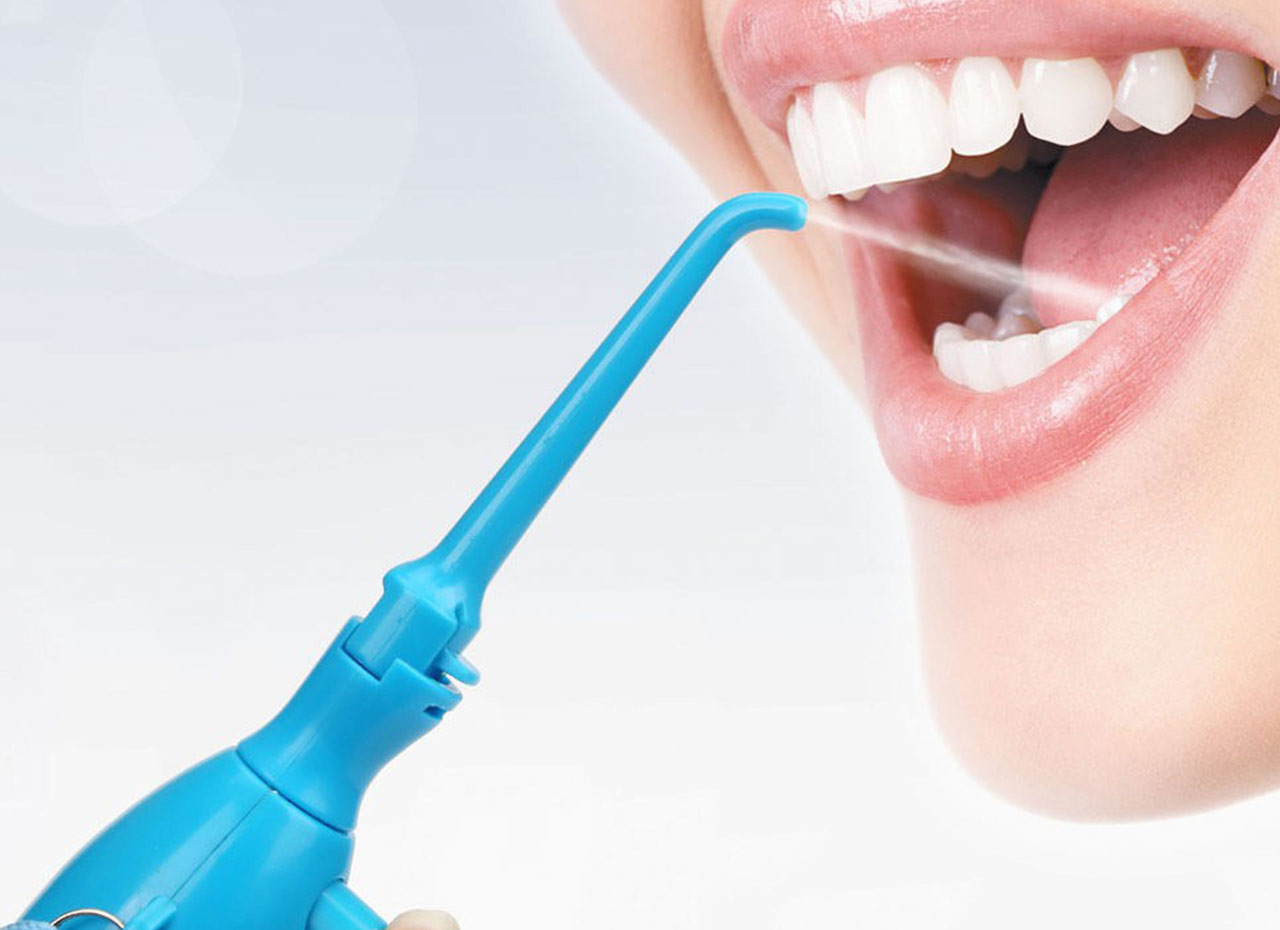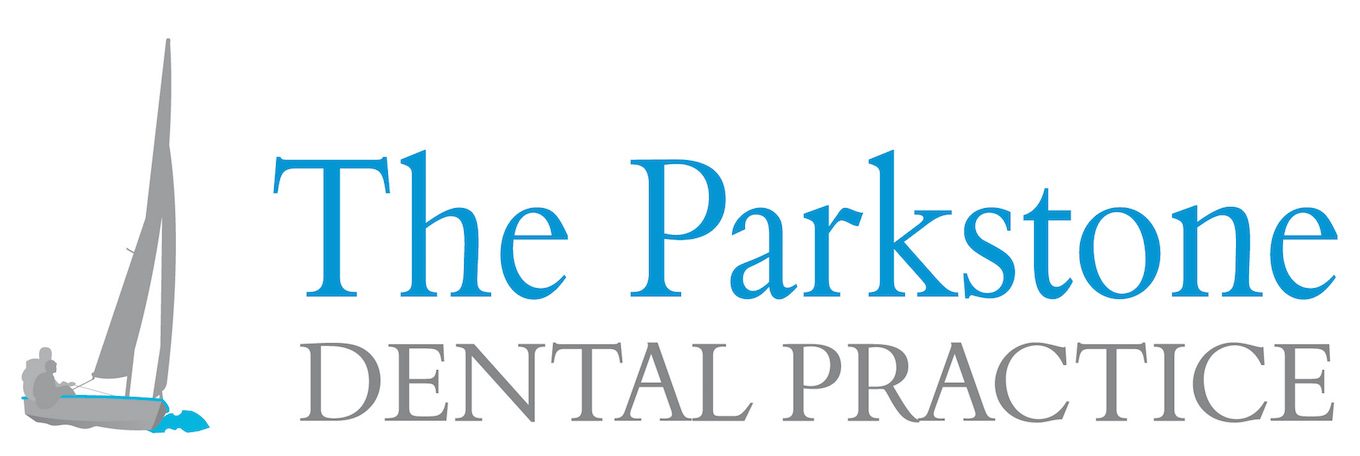

An oral irrigator, also known as a water flosser or Waterpik, is a device that allows you to floss your teeth using water instead of traditional dental floss. It works by shooting a high-pressure stream of water onto your teeth with the aim of dislodging food debris and dental plaque. It isn’t a new concept, having originally been developed in the 1950’s, but its popularity has recently enjoyed a massive boost.
Whether you’re considering buying one for yourself or you hadn’t even heard of them before you received one for Christmas, you will probably be curious about how effective they actually are. Some people believe that water flossers will put an end to regular flossing techniques, whereas others think it is yet another pointless health fad. So what is the truth?
Water Flosser vs Traditional Floss
It will be no surprise that the question of which is better doesn’t have a straightforward answer. As with any comparison, each one has its own unique advantages and disadvantages to take into consideration. What is for sure is that a Waterpik isn’t just a useless piece of kit. They do a great job at removing debris and preventing gingivitis, so in that aspect they are certainly not a downgrade.
When it comes to using an oral irrigator instead of regular floss, here are the main pros and cons:
Pros
- Easier to use than string floss, floss harps and other similar flossing devices
- Cleans between tightly spaced teeth that floss cannot access
- Easier to clean any hard-to-reach areas, especially for those with braces, implants or bridgework
- Reduction in bleeding gums
- Lessens your single-use plastic consumption
Cons
- More expensive than floss, with some premium models costing up to £100
- Requires some cleaning and maintenance to keep them in good working order
- Not as effective at removing plaque
- Can be messier to use
- Increases your personal water usage
Which is Best?
Both methods offer an effective flossing experience for the most part, so it really just comes down to personal preference. Water flossing allows for a more thorough cleaning of those hard-to-reach places, lets you ditch the single-use plastics and is generally easier, however, buying your device can be costly, it requires regular maintenance and may not be as effective at removing some of the more stubborn bits of plaque. By weighing up the pros and cons you can make an informed decision and choose the method that best suits you. Or you can always take the ‘belt and braces’ approach of using both! The truth is though, whatever your preferred method may be, either one is much better than not flossing at all!
For more information ask one of our hygienists about the different options you have when it comes to flossing and which is best for you.
Frequent flossing is just one aspect of maintaining good oral health. To ensure your teeth stay strong and healthy you need to remember to brush at least twice a day and visit your dentist regularly for a routine dental examination. If you require any general or cosmetic dentistry services contact The Parkstone Dental Practice today.
